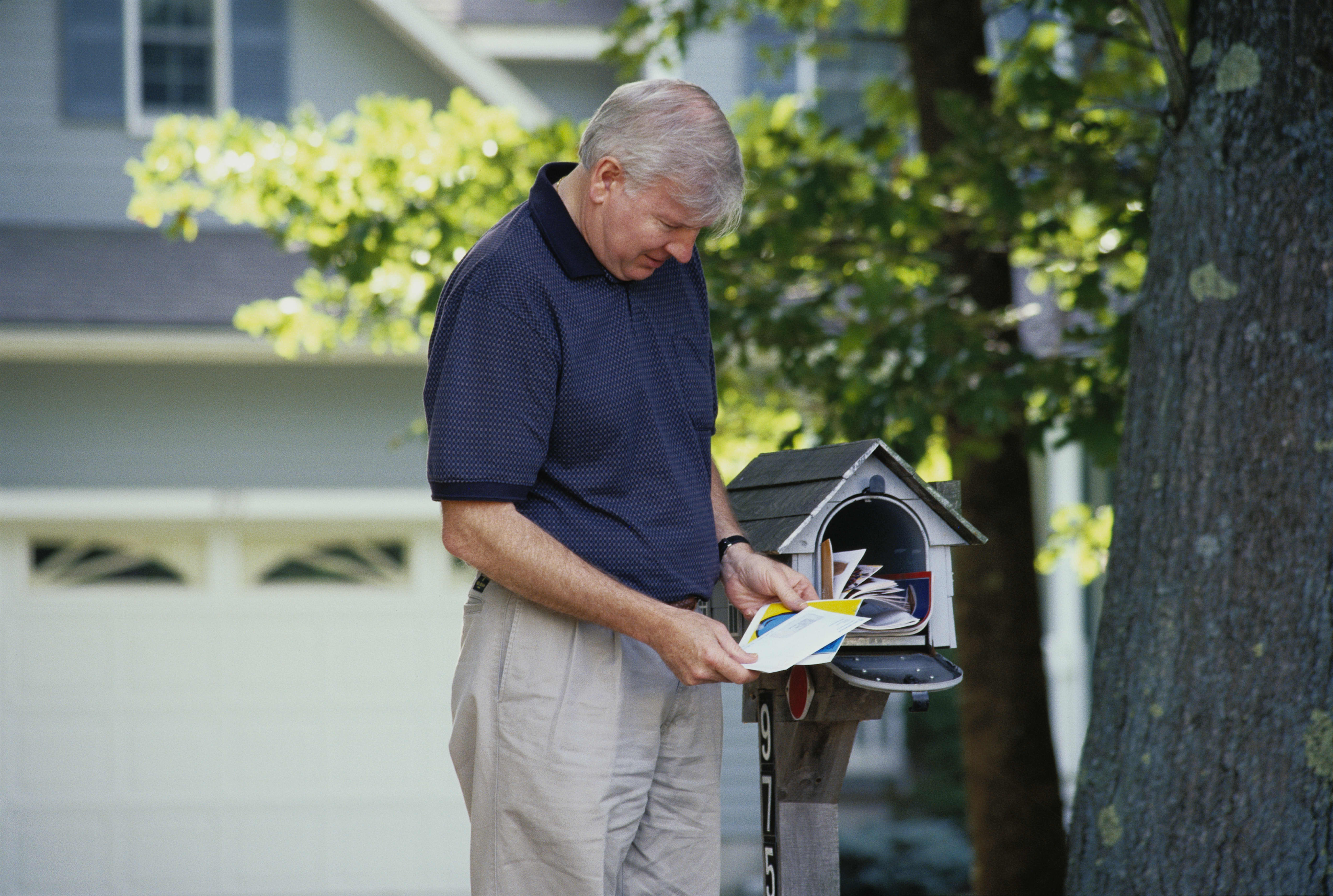Getty Images
President Donald Trump is calling for Congress to move on approving a second round $1,200 stimulus checks to millions of Americans.
But don’t count the money just yet.
The president tweeted on Tuesday night he supports standalone legislation to authorize those payments. That was a reversal from his position earlier in the day, when he said he wanted Washington lawmakers to hold off on stimulus negotiations until after the election.
Trump has also called for other standalone legislation to provide $25 billion to help the airline industry and $135 billion for additional Paycheck Protection Program loans to small businesses.
More from Your Money Mindset:
What to know before investing stimulus money
Consider these factors before accepting an early retirement package
Many forced to raid retirement money amid pandemic
It’s unclear, however, whether that call to action from the commander-in-chief will encourage the divided parties to come together and approve more one-time payments.
House Democrats have pushed for a $2.4 trillion coronavirus stimulus bill, while the White House has instead indicated it would be willing to spend $1.6 trillion.
Based on comments House Speaker Nancy Pelosi, D-Calif., made on daytime TV show “The View” on Wednesday, it does not sound like Trump’s proposal could be enough to ease the political stalemate.
“All he has ever wanted in the negotiation was to send out a check with his name printed on it,” Pelosi said. “Forget about the virus, forget about our heroes, forget about our children and their need to go to school safely and the rest.
“He’s just again rebounding from a terrible mistake he made yesterday and the Republicans in Congress were going down the drain with him on that.”
What it would take to get a second round of checks
U.S. President Donald Trump gestures on the Truman Balcony after returning to the White House from Walter Reed National Military Medical Center on October 05, 2020 in Washington, DC.
Win McNamee | Getty Images
Both parties broadly agree on another round of $1,200 checks.
But while Trump is pointing to Pelosi for the next move, people should really be looking to the Senate, said Ed Mills, Washington policy analyst at Raymond James.
“The first move is up to the Senate at this point,” Mills said, due to the fact that the House of Representatives have already passed two versions of its stimulus bill and attempted to move standalone support for the airline industry.
The Senate is not scheduled to be in session again until Oct. 19. At that point, they also plan to take up confirmation hearings for the Supreme Court justice nominee, Amy Coney Barrett.
“Before there truly is any pressure on the House to act, Pelosi would demand knowing that the Senate was going to do something,” Mills said.
Republicans and Democrats could also butt heads in negotiating the terms of the $1,200 payments this time around.
The latest version of the HEROES Act that was passed by House Democrats called for anyone with a tax identification number to be eligible for the money.
Unfortunately, people are going to have to hang on as best they can.
Bill Hoagland
senior vice president at the Bipartisan Policy Center
That’s in contrast to the first round of checks, which only went to those who are U.S. citizens or resident aliens.
“This is a case where you’re dropping an immigration debate into the middle of a fiscal relief negotiating package,” Mills said. “We’re only a couple of weeks out from an election, and kind of reviving immigration politics as part of that makes it extremely difficult to do.”
Congress authorized the first batch of stimulus checks in the spring through the CARES Act. Those payments included up to $1,200 per individual or $2,400 per married couple filing jointly, plus $500 per child under 17.
While millions of the payments went out within weeks through direct deposits, millions of other Americans waited for months to receive paper checks or debit cards.
The stimulus checks could reach some people faster the second time around, now that the IRS has direct deposit information for more Americans and has patched up some of the delivery errors that happened with the first deployment.
Still, the aid would be untargeted and could still face some delivery glitches, noted Bill Hoagland, senior vice president at the Bipartisan Policy Center and a former Senate staff member. Consequently, the money, if approved, might not reach Americans before the election, even as voting has already started to get underway.
When Congress could approve more checks
U.S. House Speaker Nancy Pelosi, a Democrat from California, speaks during a television interview at the Russell Senate Office Building in Washington, D.C., U.S. on Wednesday, Oct. 7, 2020.
Stefani Reynolds | Bloomberg | Getty Images
More stimulus checks are probably a long shot now, Hoagland said. One key reason: Pelosi and the Democrats are not likely to approve checks with Trump’s name on them right before the election, he said.
Aid for the airlines has the best prospects for getting through now, he said, though it only has about a 50/50 chance.
“Unfortunately, people are going to have to hang on as best they can,” Hoagland said.
The next opportunity to get something done could come with the Dec. 11 deadline to authorize more funding to prevent a government shutdown.
But more aid could be pushed even further, according to Mills, based on which way the election goes. A Trump re-election could lead to the quickest deal, while a Democratic sweep could lead to the largest amount of money. The second scenario might be delayed until after the inauguration in January.
